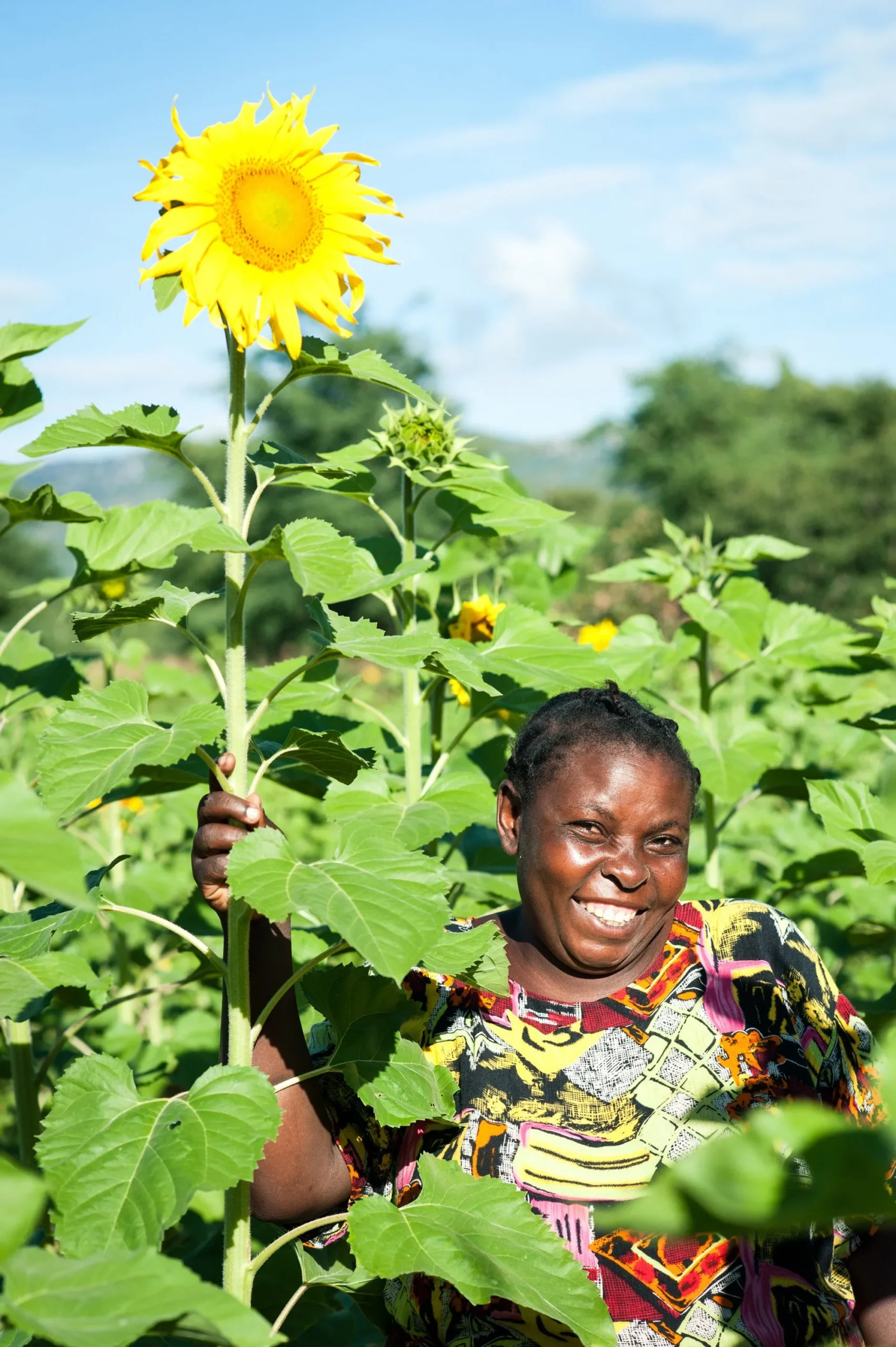IRRI-Africa Rice for Africa’s Future: The Importance of Collaborative Innovation in Agricultural Development
In Dar Es Salaam, an unprecedented gathering underscores the urgency and the opportunity facing East and Southern Africa (ESA) in rice cultivation. As Mr. Gerald Mweli, the Permanent Secretary of the Tanzanian Ministry of Agriculture, officiates the Rice Breeding Innovations (RBI) Partners’ Annual Meeting, it’s time to reflect on the magnitude of what lies ahead. With rice consumption projected to increase across Africa, this summit serves as a powerful reminder that it is time to double down on smart, sustainable rice farming techniques to alleviate food insecurity and poverty in the continent.
Unveiling the Paradox of Abundance and Scarcity
The irony that Africa is home to 60% of the world’s uncultivated arable land while facing rampant food insecurity is an unspeakable tragedy. Dr. Abdelbagi M. Ismail, Regional Director, IRRI-Africa, pulls no punches in highlighting this glaring disparity. The region imports an equivalent of $44 billion worth of food annually, with rice imports alone accounting for about $7 billion annually. These imports burden local economies and expose countries to global trade fluctuations, like the food price crises of 2007-2008 and 2010-2011 when export bans by Asian countries disrupted rice availability.
The Imperative of Innovation
Today, in Tanzania, one of the leading rice producers in Africa, the average yield is 2.5 tons per hectare. The government aims to increase this to five tons or more by 2030. The ambition is laudable, but technological innovation and strategic collaboration can only bridge the gap between intent and reality. There is no silver bullet—upgrading from traditional to high-yielding varieties, improving farm management practices, and harmonizing agricultural policies across nations are all pieces of the puzzle. It is not just about more rice; it is about better, more resilient rice that can be produced sustainably.
A Collaborative Horizon
The RBI program is shaping up as an excellent model for public-private partnership. With the Tanzanian government acting as a catalyst, the program aims to develop and deploy improved rice varieties for smallholder farmers. By integrating resources and expertise from different sectors, including CGIAR centers like IRRI, AfricaRice, and CIAT, RBI seeks to create an ecosystem where innovation thrives.
A Shared Vision for a Sustainable Future
Climate change isn’t waiting, and neither should we. The race is not just against time but also against increasing temperatures, erratic rainfall, and emerging pests and diseases. It’s reassuring to note, as Dr. Geoffrey Mkamilo of the Tanzania Agricultural Research Institute (TARI) did, that partnerships are growing stronger. There are signs of progress with about 42 new rice varieties commercialized over the past 12 years, but we cannot afford complacency.
The Road Ahead
The RBI meeting is more than a conference; it’s a commitment to shared goals and shared responsibility. The stakes are high, but the possibilities are endless. By focusing on issues that directly impact food security, employment, and economic growth, this conference reinforces that Africa has the potential not just to feed itself but to become a major player in global agriculture. It is an opportunity to rewrite Africa’s agricultural narrative from one of scarcity to one of abundance. Let’s not waste it.
Our eyes are now set on 2030, and as stakeholders from 11 different nations come together with a sense of mission and urgency, the message is clear: it’s time for action. Africa has the land, the will, and the potential. With collaborative efforts and groundbreaking research, we can make the vision of a rice-secure Africa a reality.
“Let us keep this excellent partnership going and growing,” says Dr. Abdelbagi M. Ismail. Indeed, the work is far from over, but the path is more apparent than ever. Together, we can cultivate a future where the granaries are full and no one goes to bed hungry.
Kilimokwanza.org proudly supports ongoing efforts to uplift East and Southern Africa rice production. This is more than agronomy; it’s about shaping the destiny of a continent. We are all part of this unfolding story, and the time to act is now.
Editorial Board, Kilimokwanza.org


